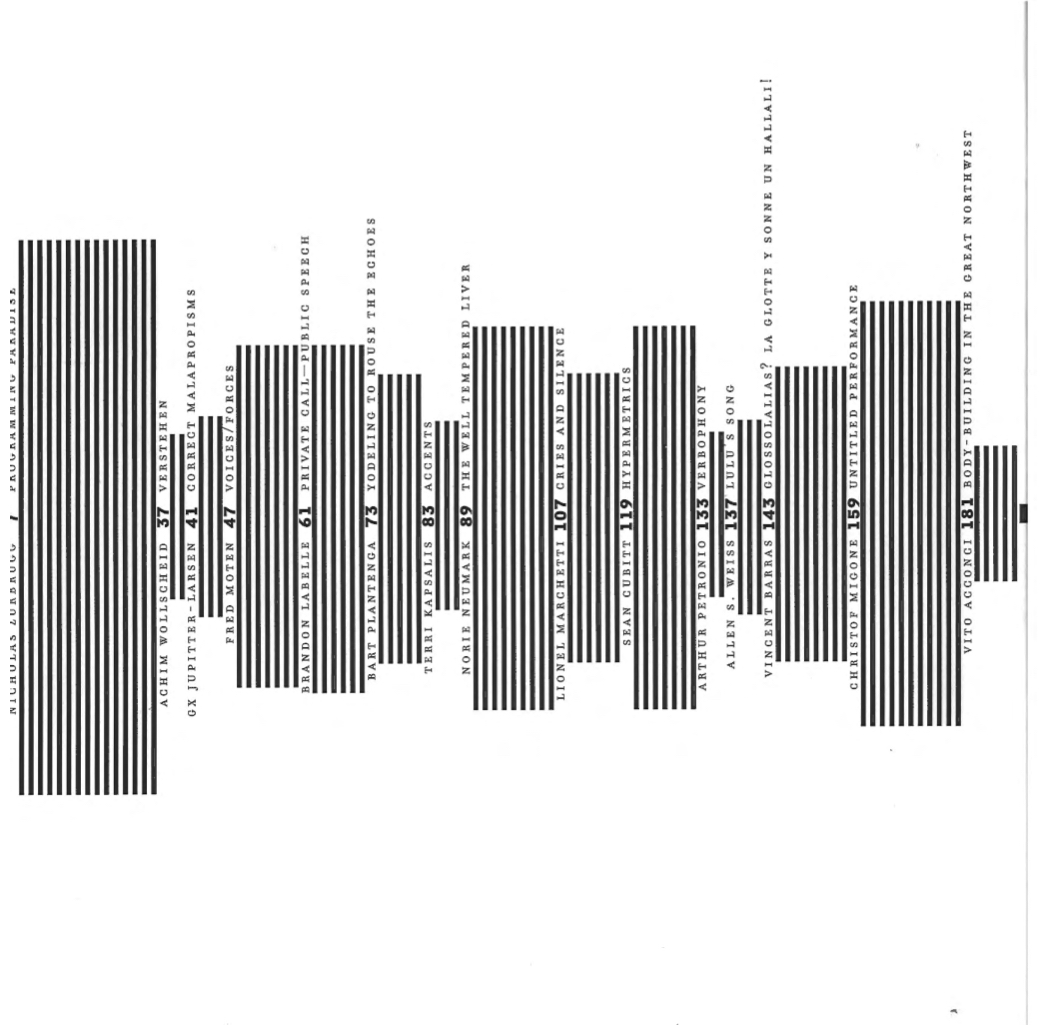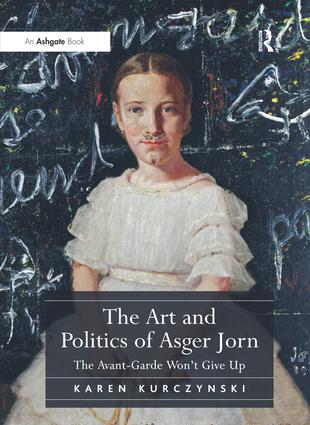Janis Jefferies, Sarah Kember (eds.): Whose Book is it Anyway? A View From Elsewhere on Publishing, Copyright and Creativity (2019)
Filed under book | Tags: · copyright, intellectual property, open access, publishing

“Whose Book is it Anyway? is a provocative collection of essays that opens out the copyright debate to questions of open access, ethics, and creativity. It includes views – such as artist’s perspectives, writer’s perspectives, feminist, and international perspectives – that are too often marginalized or elided altogether.
The diverse range of contributors take various approaches, from the scholarly and the essayistic to the graphic, to explore the future of publishing based on their experiences as publishers, artists, writers and academics. Considering issues such as intellectual property, copyright and comics, digital publishing and remixing, and what it means (not) to say one is an author, these vibrant essays urge us to view central aspects of writing and publishing in a new light.”
With contributions by John Cayley and Daniel C. Howe, Louise O’Hare, Janneke Adema, Michael Bhaskar, Alison Baverstock, Sophie Rochester, Smita Kheria, Ronan Deazley and Jason Mathis, Danuta Kean, J. R. Carpenter, Eva Weinmayr, Muriel Swijghuisen Reigersberg, Joseph F. Turcotte, Simon Groth, Janis Jefferies, Laurence Kaye, Richard Mollet, Rachel Calder, and Max Whitby.
Publisher OpenBook Publishers, Cambridge, UK, 2019
Creative Commons BY 4.0 International License
ISBN 9781783746491, 1783746491
xiv+442 pages
Brandon LaBelle, Christof Migone (eds.): Writing Aloud: The Sonics of Language (2001)
Filed under book | Tags: · avant-garde, language, music, performance art, sound, sound poetry, voice, writing

“Writing Aloud is an anthology focusing on the relationship of language to sound, writing to music, and brings together a highly diverse collection of essays, interviews, meditations, visual projects, text-sound scores and audio by some of the leading individuals in the field of cultural and performance studies, experimental music and contemporary art.
Starting from the perspective that the sound of the voice is crucial to our perceptions and understandings of language, to the creative possibility of being without language, Writing Aloud examines the repercussions of such a perspective. Considering the sonics of words, it extends this examination of vocalization and articulation into how it contributes to and influences communication and notions of self-recognition. And further, how orality effects the act of writing itself, stages the tension between sense and non-sense, and provides space for self-reflection.
Through cultural, historical, linguistic, musical and artistic histories and practices, this field of research is addressed in order to open up a diversity of attitudes and approaches toward a broader understanding of what it means to speak. Such works as Nicholas Zurbrugg’s detailed examination of the history of sound-poetry, which underscores this often under-represented field as being a vital link between the avant-gardes of modernism and contemporary culture; Sean Cubitt’s meditation on the voice in relation to contemporary technologies; and Fred Moten’s examination of the Black avant-garde through the works of Billy Strayhorn, Delaney, and Antonin Artaud in relation to deeper questions of identity – these original works advance our understanding of ‘vocalization’ as existing within a complex and highly charged social, political and cultural arena where identity is a contested site.
In conjunction with these analytical works, Writing Aloud also provides readers with some valuable reconsiderations and reproductions of historical work, such as Marina Abramovic’s performance from 1975, Freeing the Voice, in which the artist exhales every breath as a scream for one hour; plus a revealing and insightful interview with the composer Alvin Lucier, whose compositions from the 60s to today continue to challenge and astound listeners; a valuable document of a long lost French artist, Arthur Petronio, whose recordings from the mid-60s, Verbophonie, trace a highly personal and idiosyncratic terrain of voice and electronics; and important visual and audio documentation of an early installation, Body Building, by the artist Vito Acconci. Through such a range of contributions Writing Aloud suggests links between disparate practices and stimulates conversations between disciplines, one which follows the line where text and sound meet, speaking and music collide, and theory and writing converse.
Also included in the anthology are GX Jupitter-Larsen, Terri Kapsalis, Norie Neumark, Kim Dawn, Alexandre St-Onge, Jocelyn Robert, Robert Ashley, Achim Wollscheid, Bart Plantenga, Vincent Barras, Michel Chion, John Duncan, and others.”
Publisher Errant Bodies, Los Angeles, 2001
ISBN 9780965557030, 0965557030
279 pages
via cmigone
Reviews: Christopher DeLaurenti (The Tentacle, 2001), Jim Drobnick (Parachute, 2002), John Dack (Computer Music Journal, 2003).
PDF (37 MB)
Comment (0)Karen Kurczynski: The Art and Politics of Asger Jorn: The Avant-Garde Won’t Give Up (2014)
Filed under book | Tags: · art history, avant-garde, biography, cobra, situationists, surrealism

“Danish artist Asger Jorn has long been recognized for his founding contributions to the Cobra and Situationist International movements – yet art historical scholarship on Jorn has been sparse, particularly in English. This study offers a synthetic account of the essential phases of this artist’s career. It addresses his works in various media alongside his extensive writings and his collaborations with various artists’ groups from the 1940s through the mid-1960s. Situating Jorn’s work in an international, post-Second World War context, Karen Kurczynski reframes our understanding of the 1950s, away from the Abstract-Expressionist focus on individual expression, toward a more open-ended conception of art as a public engagement with contemporary culture and politics.”
Publisher Ashgate, 2014
ISBN 9781409431978, 1409431975
xiii+261 pages
via Situationist Library
PDF (13 MB)
Comment (0)
